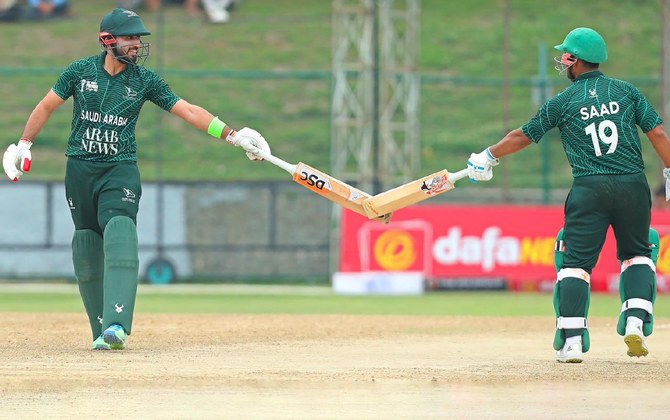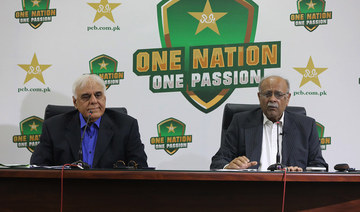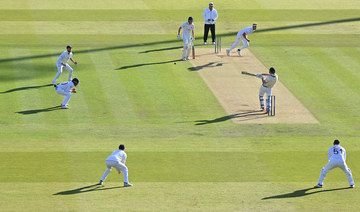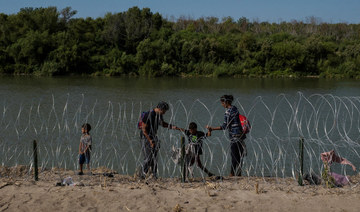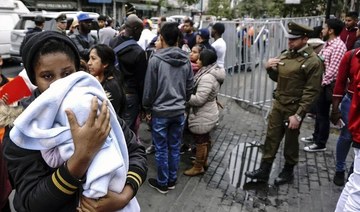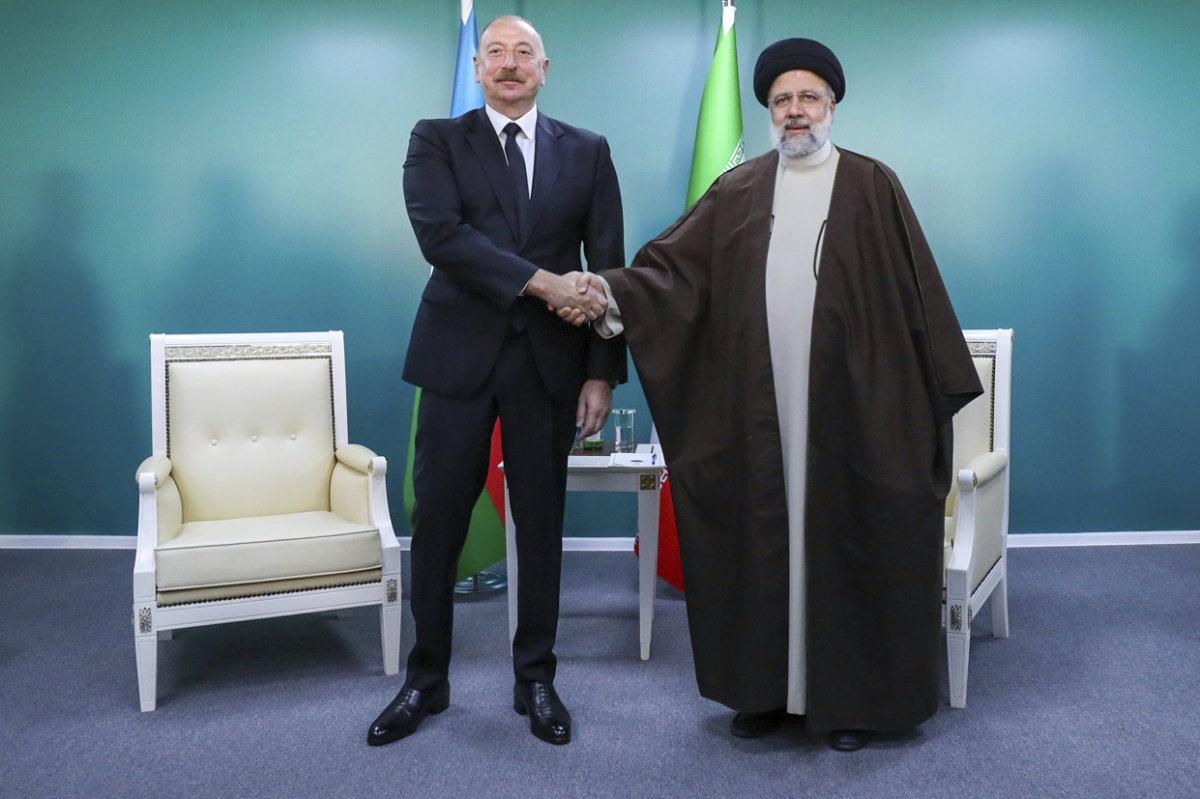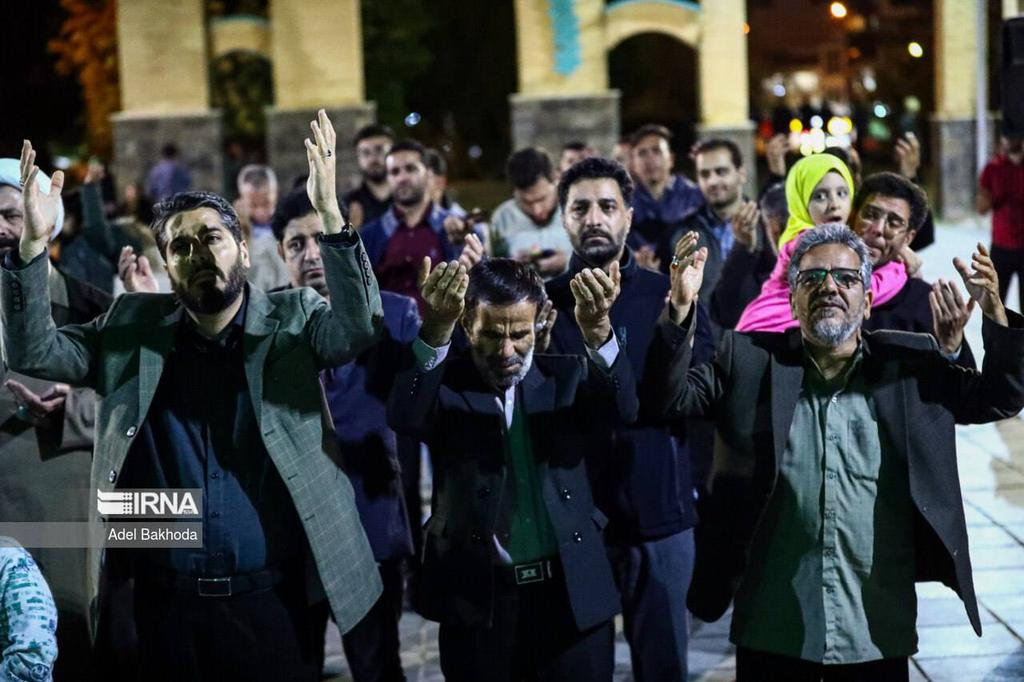According to a survey conducted in 2008, 90 percent of International Cricket Council members were in favor of cricket being included in the Olympics.
In addition, the MCC World Cricket Committee, an independent research institution comprised of prominent cricketing figures, also supported the idea of cricket being included in the Olympics. However, 15 years later, the sport appears to be regressing in that respect, with the most recent World Cup featuring only 10 teams — compared to 14 teams in the 2011 and 2015 editions.
Today, the ICC has put forward a new revenue-sharing model for the 2024-27 cycle, which is set to be voted on at the organization’s July board meeting in Durban. Under the proposal, the 12 full members of the ICC would collectively receive 88.8 percent of the organization’s annual earnings, with the Board of Control for Cricket in India, or BCC, alone claiming 38.5 percent of the revenue. The remaining amount, which constitutes just over 10 percent, would be distributed among the ICC’s 94 associate members.
The proposed revenue model has been the subject of concern among several associate member boards, who have expressed their apprehension that the proposal heavily favors the powerhouses of cricket and could impede the progression of the sport.
While many associate members lack the resources and financial muscle to have a strong influence on ICC decisions, the Saudi Arabian Cricket Federation, or SACF, has the potential to make a significant impact.
Saudi Arabia has been investing heavily in sports as part of its broader Vision 2030. Purchases and partnerships have already been formed by the Kingdom in sports such as football, Formula One, LIV Golf, WWE and, unsurprisingly, cricket.
Under the supervision of Prince Saud bin Mishal Al-Saud, the SACF has been on a transformation, which in return has resulted in the development of cricket in Saudi Arabia. The chairman, Prince Saud bin Mishal Al-Saud, has formed strong relationships with various full member boards and high-profile international cricketers.
“We have developed great relationships with the ICC, ACC, successful international cricket boards and big cricketers,” he told Arab News.
The SACF raised the profile of the sport, invested in local talent, and created opportunities for players of all levels to compete. This resulted in the Saudi National Cricket team winning the inaugural ACC Men’s Challenger Cup 2023 in Bangkok and placing themselves on the map as a rising cricketing nation.
Furthermore, in February of last year, the Saudi Tourism Authority revealed its collaboration with the Indian Premier League — the most lucrative franchise-based cricket league. This was following Aramco’s alliance with the ICC, which includes sponsorship until the end of 2023.
These two agreements demonstrate the significance of cricket and how seriously it is taken by the Kingdom.
Saudi Arabia also made headlines around the world when the SACF teased for a proposed franchise-based cricket league, which the Guardian called “(potentially) the world’s most lucrative Twenty20 tournament.”
ICC Chairman Greg Barclay was also asked about the proposed league and was quoted as saying: “Given their advance into sport more generally, cricket would work quite well for Saudi Arabia. They’re pretty keen to invest in sport and given their regional presence, cricket would seem a pretty obvious one to pursue.”
Last week, Crown Prince Mohammed bin Salman introduced a new initiative in Saudi Arabia aimed at promoting private investment in the sports industry, with a focus on developing national teams and regional sports clubs.
This project was set in motion by the privatization of four major football clubs and is expected to have a ripple effect on other sports. Saudi cricket, which has already hinted at the creation of a franchise-based league, is poised to benefit greatly from the government’s efforts to increase commercialization within the sport.
Having all this leverage, it would only make sense for the SACF to make a noteworthy impact at the upcoming ICC board meeting. Having established partnerships with key players such as boards, players and teams, the support from the cricket community could translate into influence over decisions made by the ICC.
On the other hand, it could be argued that the SACF may face an uphill battle while increasing their impact over the game. The ICC is currently dominated by countries with strong cricketing traditions such as India, England and Australia. As a relatively new player in the cricket world, Saudi Arabia may find it difficult to break into this elite group and establish a significant influence.
The “Big Three” — India, Australia, and England — have been dominating decision-making about the sport for the past decade. In 2014, these three cricket boards proposed a controversial plan that gave them greater decision-making powers and a larger share of the ICC revenue.
Critics of the plan argued that this was an unfair distribution of resources and would further widen the gap between rich and poor cricketing nations. Due to lack of transparency as well as other concerning factors, the plan was ultimately rejected by the ICC in 2016.
The controversy surrounding the plan highlighted a need for fairness and equality in the governance of cricket. Today, an associate member — Saudi Arabia, finds itself in a position that is unprecedented in the history of cricket.
Ultimately, the extent to which the SACF chooses to make their voices heard depends on their leadership and their long-term goals. However, there is no doubt that today Saudi Arabia is a major stakeholder in the cricketing world.



